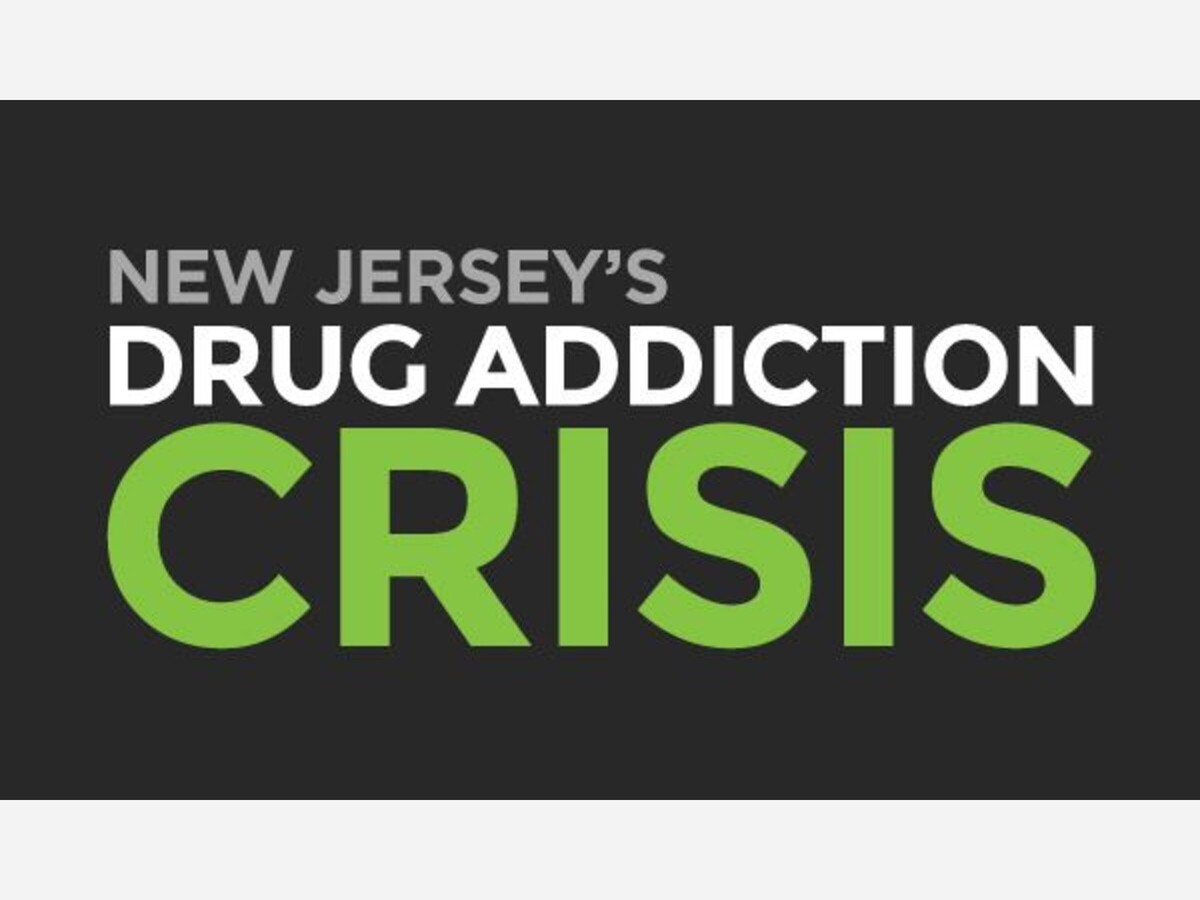Image

Let's talk about drugs. You may or may not be aware, but New Jersey has a drug problem that dates back decades.
While overall crime in New Jersey has been on a decline in the last decade, drug abuse violation arrests for possession and/or the sale and manufacturing of drugs have been on the rise since the early 1980s. Heroin, Cocaine, and marijuana use, manufacturing, and sale arrests were the #1 cause of arrest in the United States since 1982.

The Northeast has the highest percentage of arrests for drug manufacturing and sales in the entire country. On average, individual state police forces see approximately 17.5% of all arrests go to the manufacture, sale, or position of illegal drugs. In New Jersey, 22.5% of all arrests are for the sale, abuse, and manufacturing of illegal drugs. These statistics paint a picture where New Jersey becomes a hotspot for the manufacturing and sale of drugs, but not necessarily a large drug-using state.
For all 50 states and the District of Columbia, New Jersey ranks 38th for worst drug use/addiction issues per capita. This is a decent position on the list of states most affected by drug use and addiction. However, this statistic was compiled from recorded drug violation arrests in all fifty states and the District of Columbia. Thus, we must examine the quality of the state's drug enforcement laws and addiction services, and compare them to overall usage and arrests.
Source: WalletHub
New Jersey then comes in about the dead middle, 23/51 in the rankings of worst (#1 being the worst) drug, health, and rehab issues. These "issues" can range from addiction per capita, rehabilitation percentage, and overdose per capita. But perhaps the most concerning statistic for New Jersey residents: NJ ranks 8th among 51 in worst handling of drug violations and addiction issues by law enforcement. In other words, New Jersey law enforcement is among the top ten worst in the country when it comes to monitoring, preventing, and treating drug violations and addictions.
New Jersey's drug of choice, based on arrest reports dating back to 1970, is overwhelmingly heroin despite marijuana seeing an overall spike in usage all over the United States. While Marijuana is slowly legalized throughout the country, heroin has become the primary drug of concern for the country and the state of New Jersey.
Numbers can be scary, and New Jersey's ranking among the top ten worst state law enforcement handling of drug violations sets a grim tone for the future of drug safety in New Jersey. But all is not lost, there are reliable and proven methods of combatting drug addiction and abuse. Unfortunately, since the start of the so-called "war on drugs" law enforcement agencies have been pursuing drug abusers and violations as criminals, and arrests and incarcerations for drug use, abuse, possession, and manufacturing have been on the rise in the U.S.A. since Reagan.
The solution is simple, but a large deviation from the United States' current perspective on drug enforcement. From 2010-2019 New Jersey spent $11.6 billion to enforce drug war laws, amounting to approximately $1.2 billion annually. From the start of the war on drugs (1971) to the early 1980s, New Jersey incarcerated more people than any other state for drug use, possession, or sale violations. If New Jersey hopes to curb its drug problem a new focus must be directed to adequate drug rehabilitation, community engagement and outreach, and education.
States such as Hawaii and Utah have the lowest number of adults with unmet addiction treatment needs and the highest number of rehabilitation centers per 100,000 residents. These states also have two of the lowest percentages of adult and child drug use, the lowest overdoses deaths per capita, and the lowest drug violation arrests per capita.

The solution, as observed from states far outperforming New Jersey, seems to be exceptional rehabilitation, relaxed drug violation sentencing, and quick and effective treatment for those with drug use disorders, histories, or addictions.
If New Jersey wants to climb out of the hole that this drug epidemic is slowly becoming, then the state must invest in improved drug rehabilitation and reexamine drug enforcement laws that have been n place since the early 1970s.
If you or someone you know needs help with a substance abuse issue, call the SAMHSA National Helpline at 1-800-662-4357 or go to NJ.gov/humanservices.